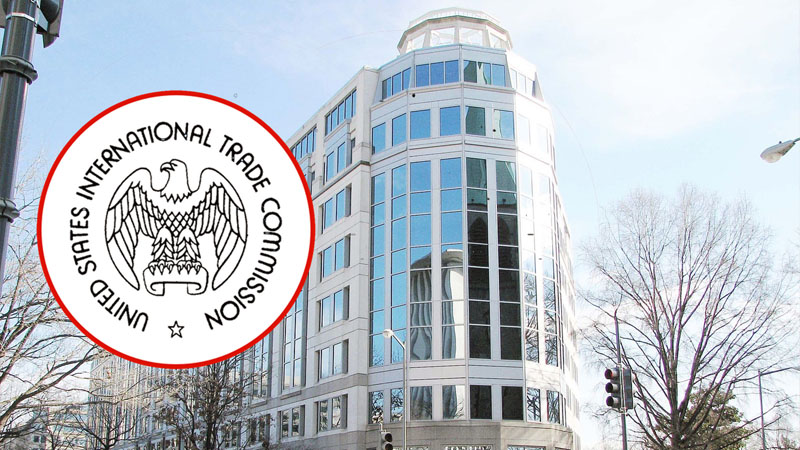Exclusive content

The United States International Trade Commission has launched a shrimp dumping investigation and is seeking input from shrimpers through a questionnaire in Southeast Texas.
A Fight for Survival
At a recent meeting at the International Seafarer Center in Port Arthur, dozens of shrimpers gathered to learn more about the investigation and express their struggles. Binh Han, a fishing boat owner from Port Arthur, has lived and breathed the shrimping industry his entire life. His family has been involved in the industry for generations, and he fears for their future.
“It’s pretty tough… we’re actually digging out of a hole right now,” Han said. “We didn’t see any profitability for the last maybe year and a half.” The financial struggles are attributed to the influx of cheap, imported shrimp from countries like Ecuador, India, Indonesia, and Vietnam.
Sharing Struggles through Questionnaire
The questionnaire, which is due July 26, allows shrimpers to document their experiences and share their struggles with the commission. The goal is to gather information on how imported shrimp are affecting local shrimpers’ livelihoods and operations. Han emphasized that it’s not just about the cost of production but also the regulations and operating costs that make it difficult for local shrimpers to compete.
“We’ll catch it, and it costs us with the regulations, the fuel, the diesels, just operating costs. It’s just so much more,” Han said. “To have another country dump their shrimp at less than half, or even at a fraction of what it costs us to catch it – it’s just really frustrating.”
Hope for a Sustainable Future
Representatives from the Port Arthur Shrimpers Association believe that this questionnaire offers hope for a sustainable future. Sinclair Oubre, Secretary of the PA Shrimpers Association, expressed optimism that future generations will still be proud fishermen sailing out of Port Arthur and Sabine Pass, harvesting fresh wild-caught shrimp.
“We want to make sure that our industry remains viable and sustainable for generations to come,” Oubre said.